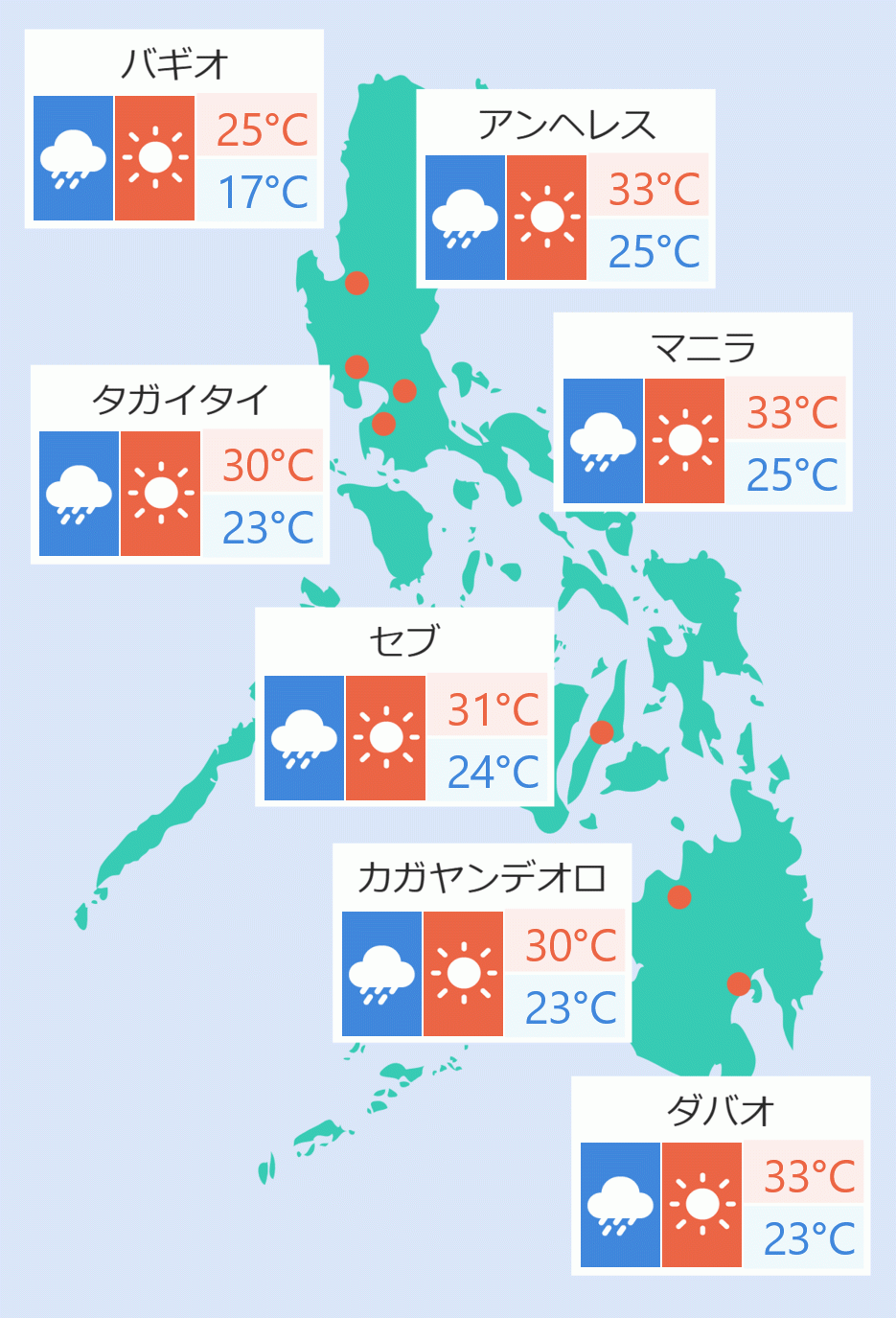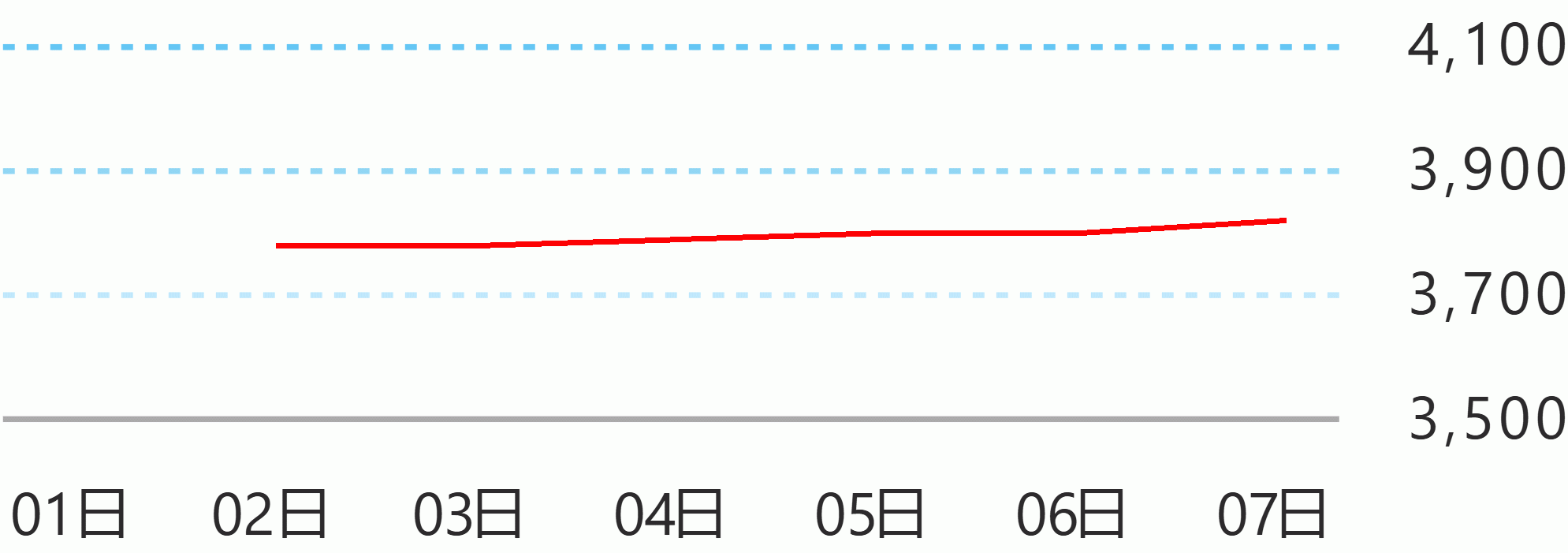Finance Secretary Carlos Dominguez III has called on European investors to support the Philippines’ first-ever offering of at least US$500 million in green bonds in the offshore debt market to help raise funds for the country’s clean energy projects and other sustainable initiatives to mitigate the ill effects of the worsening climate crisis.
Dominguez said the sale of these debt securities, known as environmental, social and governance (ESG) sovereign bonds, will be done “in the coming weeks.”
The Philippines’ maiden issuance of these green bonds forms part of the series of initiatives that the Duterte administration is undertaking to implement concrete actions in the fight against climate change, given the “disappointing” response of Western countries to the call for them to make good on their $100-billion financing commitment to climate-vulnerable developing economies, Dominguez said.
“We cannot wait for the bureaucrats in the industrialized world to take their sweet time splitting hairs on the idea that the countries that polluted and continue to pollute the most must bear the greater part of the financial burden of reversing global warming that they started 175 years ago. This is, for us, the essential meaning of climate justice,” said Dominguez in his pre-recorded message to the European Chamber of Commerce of the Philippines (ECCP).
His message was delivered during the ECCP’s webinar with the theme “The Golden Age of Sustainability: Greening the Philippines.”
Dominguez said that even though the Philippines contributes only 0.3 percent to the global greenhouse gas emissions (GHG), it had boldly committed to reduce these by 75 percent in 2030, which will be done through actionable projects, to demonstrate to the world how an emerging economy yet climate-vulnerable country can lead in the fight to save the planet.
“We are disappointed, however, that the Western countries with the greatest volume of emissions were far less ambitious in their commitments to the global effort to rescue the planet. This includes many European countries,” Dominguez told the ECCP.
Dominguez said the Philippines is determined to move ahead with fulfilling its climate ambitions, “on its own, if necessary,” although he pointed out that as an emerging economy, the country cannot fully achieve its carbon-reduction commitments without financial support from wealthier countries.
To proceed with its climate ambition and pave the way for the green bonds’ issuance, the government inaugurated its Sustainable Finance Framework last year, said Dominguez, who is the official representative of the President to the Climate Change Commission (CCC).
Dominguez said the government is also working with the Asian Development Bank (ADB) and some private sector partners in developing the innovative Energy Transition Mechanism (ETM) project to help the Philippines accelerate the retirement of coal plants in the country by at least 10 to 15 years on average and boost the growth of renewable energy (RE) using an equitable, scalable and market-based approach, starting possibly in Mindanao.
With assistance from the United Kingdom (UK), the government launched last year the Philippines’ Sustainable Finance Roadmap, which will set the guiding principles that will create the environment for greener policies; the mainstreaming of sustainable finance; and a pipeline for investments that will help the country reduce its carbon footprint even as it raises its economic output.
Dominguez said the government is also pushing the passage of a bill banning single-use plastics, and has put together a new team of Filipino experts at the CCC who represent all corners of the Philippines to engage Filipino fisherfolk and farmers and prepare them to execute localized action plans.
At the 26th United Nations Climate Change Conference of the Parties (COP26) held in Glasgow last year, Dominguez headed the Philippine delegation and led the call for climate justice from industrialized economies.
He spotlighted the true concept of climate finance, which, he said, involves a “blended mix” of grants for capacity building; investments in green projects; and subsidies that should address the financial costs and risks of communities transitioning to a climate-resilient economy.
Dominguez recalled that he also proposed that multilateral banks help catalyze financial flows to developing countries in order to meet their climate change objectives by providing the seal of good housekeeping to their clean energy projects.
With the Philippines incurring losses and damages estimated at about US$10 billion from climate change hazards over the last decade, it is “determined to move ahead on its own if necessary,” Dominguez said.
“We have decided not to rely entirely on COP and on the financing commitments of the Western countries that have not materialized. We will take action now. Our survival is on the line,” Dominguez said.
“We cannot sit and wait idly while the planet burns. We intend to move fast and act decisively. I hope that the activities the European Chamber of Commerce of the Philippines will hold today will complement our own whole-of-nation effort to reduce the Philippines’ climate vulnerabilities,” he added. DOF





 English
English









